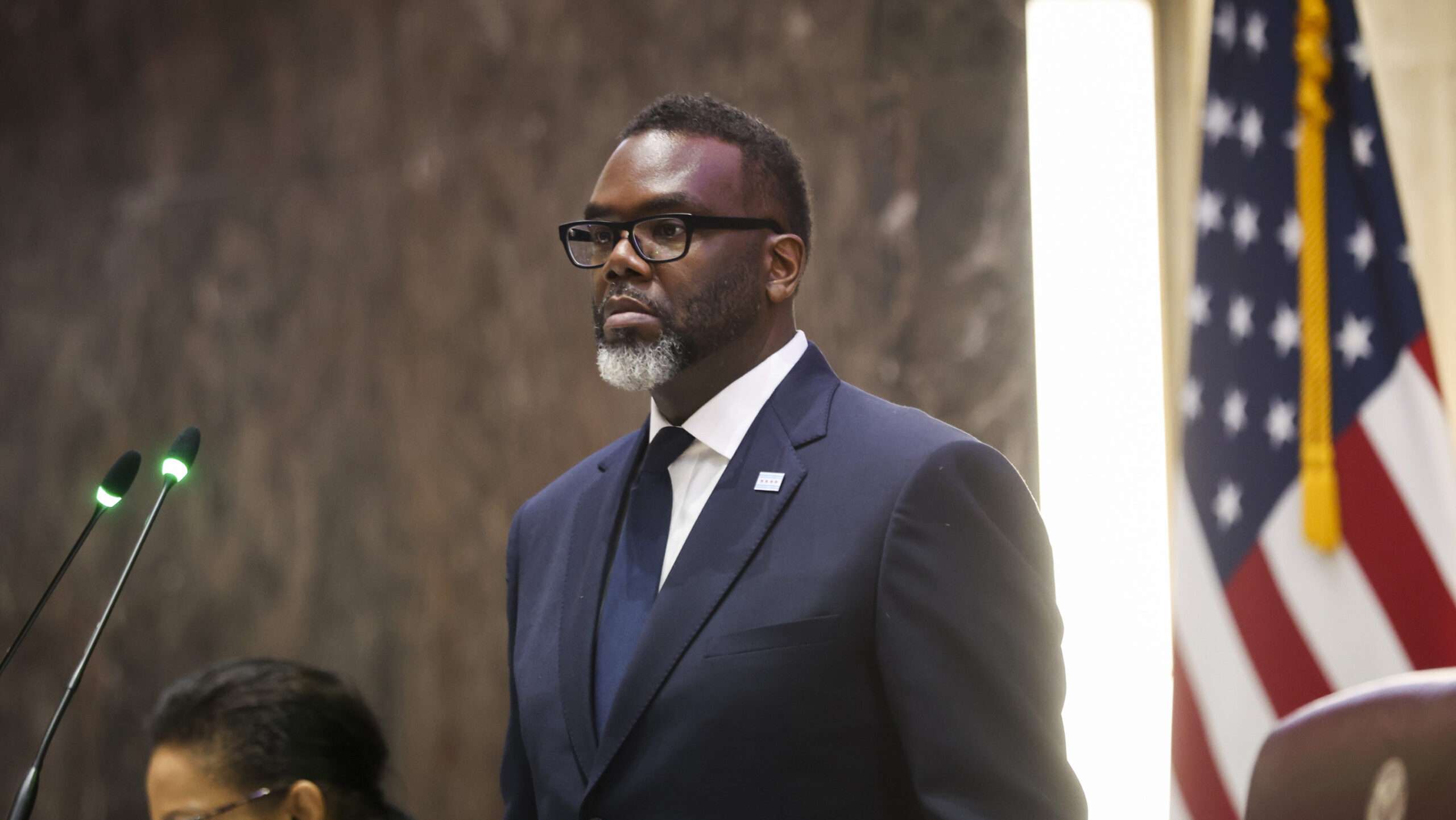Following President-elect Donald Trump’s reelection, several defendants involved in the events of Jan. 6, 2021, sought to delay their cases in anticipation of potential pardons from Trump. While many requests were denied, the uncertainty surrounding Trump’s handling of these cases remains.
According to NPR data, over 1,500 individuals have been charged in connection to Jan. 6, with nearly 1,000 pleading guilty. Some cases have been dismissed, while others are ongoing with developments following Trump’s reelection. The U.S. Attorney for the District of Columbia has announced multiple sentences and guilty verdicts in early November.
The potential outcomes for these defendants may hinge on Trump’s control of the Department of Justice (DOJ) and his choice of leadership for that department. Trump’s selection of Rep. Matt Gaetz (R-Fla.) as his attorney general nominee has raised questions, given Gaetz’s critical views on the prosecutions related to Jan. 6.
Trump’s presidential powers grant him pardon authority, and he has expressed openness to pardoning those charged with involvement in Jan. 6 if he deems it necessary. More than 70 defendants have received mixed verdicts, and over 1,000 individuals have been sentenced, with a majority receiving prison time.
Legal experts anticipate a potential reexamination of the prosecutions, with some speculating on the possibility of blanket pardons for Jan. 6 defendants. The political implications of Trump’s pardons, especially in comparison to pardons issued by President Biden, could shape his decisions.
Public sentiment following Jan. 6 remains divided, with a CBS poll showing disapproval of the actions taken by those involved in storming the Capitol. The impact of these events on DOJ efforts and the justice system as a whole continues to be scrutinized.
Trump’s pardon power, once he assumes office, could have significant implications for individuals like Riley Williams, who was convicted of aiding in the theft of Nancy Pelosi’s laptop. Non-violent offenders may be more likely to receive pardons, according to constitutional law experts.
The DOJ reported that approximately 140 police officers were assaulted on Jan. 6, and over 500 individuals have been charged in connection to assaulting law enforcement. The outcome of these cases and Trump’s potential pardons remain subjects of ongoing speculation and debate.
The statement mentioned that around 163 individuals have been charged with using a deadly weapon or causing serious bodily harm to an officer. Among them is Daniel Ball, who pleaded not guilty but was accused by the DOJ of throwing an explosive device at officers. There were also a father-son duo who pleaded guilty in January, as well as Zachary Alam who was found guilty last year.
David Gelman, an attorney and former Trump campaign surrogate, suggested that a reevaluation of the Jan. 6 prosecutions should be done on a case-by-case basis. He mentioned that Trump may consider violence when deciding on pardons.
Trump expressed his inclination to pardon many of the defendants convicted in the Jan. 6 incident during a town hall in 2023. He mentioned that some may not be pardoned due to their behavior getting out of control.
In a motion filed after the election, one defendant, Anna Lichnowski, requested a sentencing delay, arguing that her offenses were non-violent and she could be a good candidate for a pardon. The judge denied many such requests, stating that Trump’s potential pardon was irrelevant to the judicial process.
Matthew Graves, the U.S. Attorney for the District of Columbia, resisted motions for delays in the cases, emphasizing the public’s interest in swift justice administration. Experts speculated that Graves might leave the DOJ in Trump’s second term, as is common at the start of new administrations.
The majority of defendants were charged with trespassing, a charge upheld by the U.S. Court of Appeals for the D.C. Circuit in October. The court ruled that the DOJ could apply the trespassing law without proving awareness of Vice President Pence’s presence as the reason for the restriction.
In June, the Supreme Court ruled that the DOJ misinterpreted a financial reform law in accusing Jan. 6 defendants of obstructing an official proceeding. The decision clarified the requirements for proving obstruction under the law.
It remains to be seen how Trump and his DOJ will apply the Supreme Court decision to the defendants’ cases. The DOJ announced a review of cases that were charged with violating the law following the Supreme Court decision.
Approximately 133 defendants have been sentenced, with more than half convicted of offenses including obstruction. The DOJ continues to assess the remaining defendants’ cases. Could you rephrase that?
Source link





